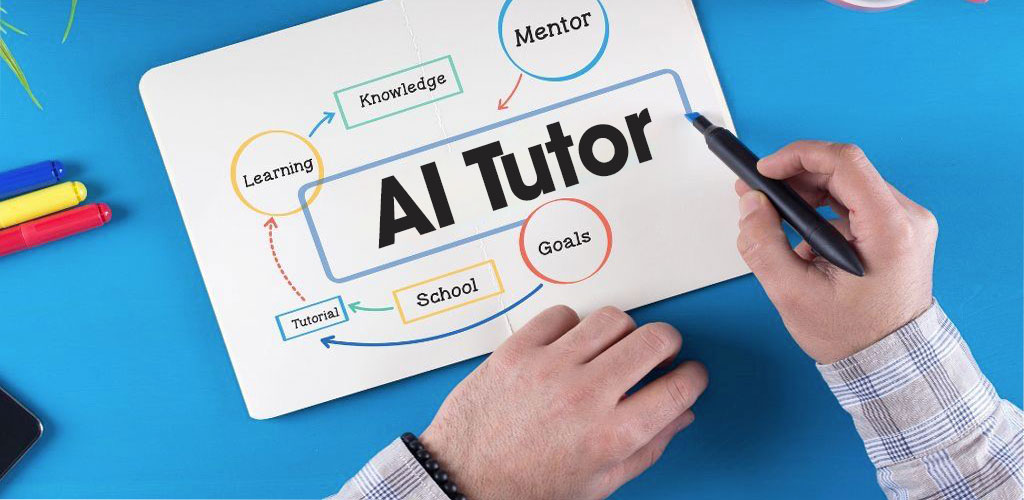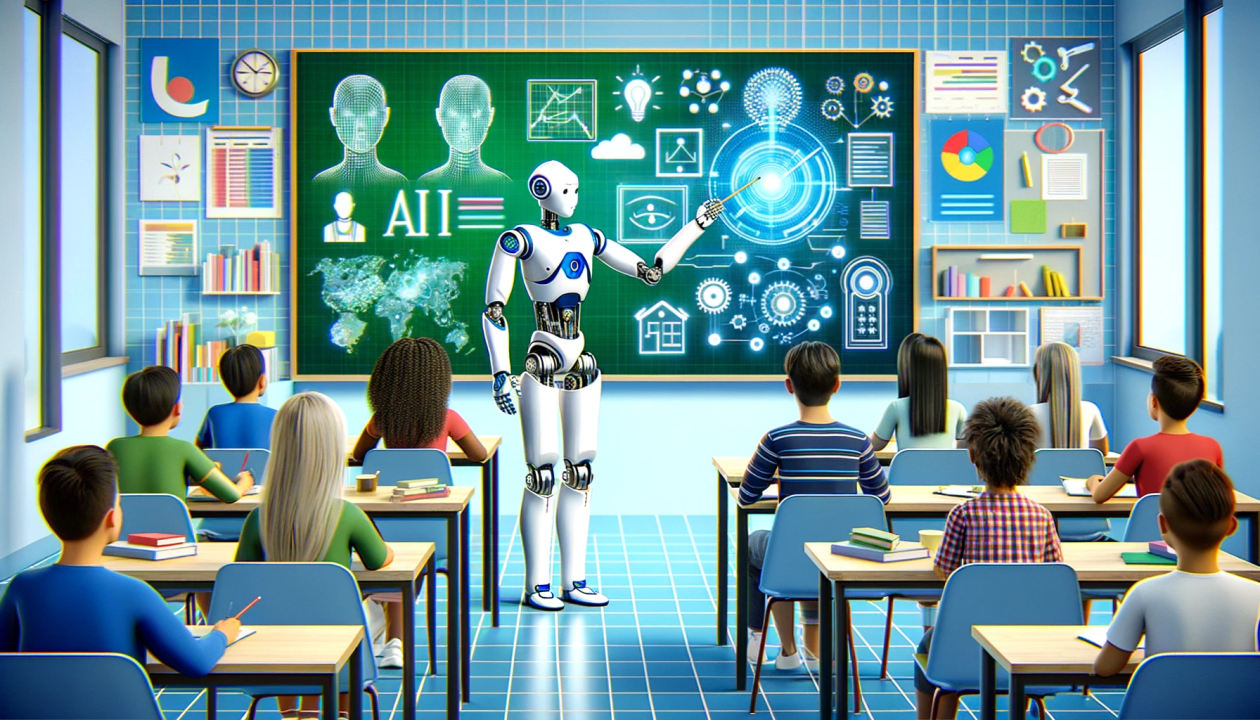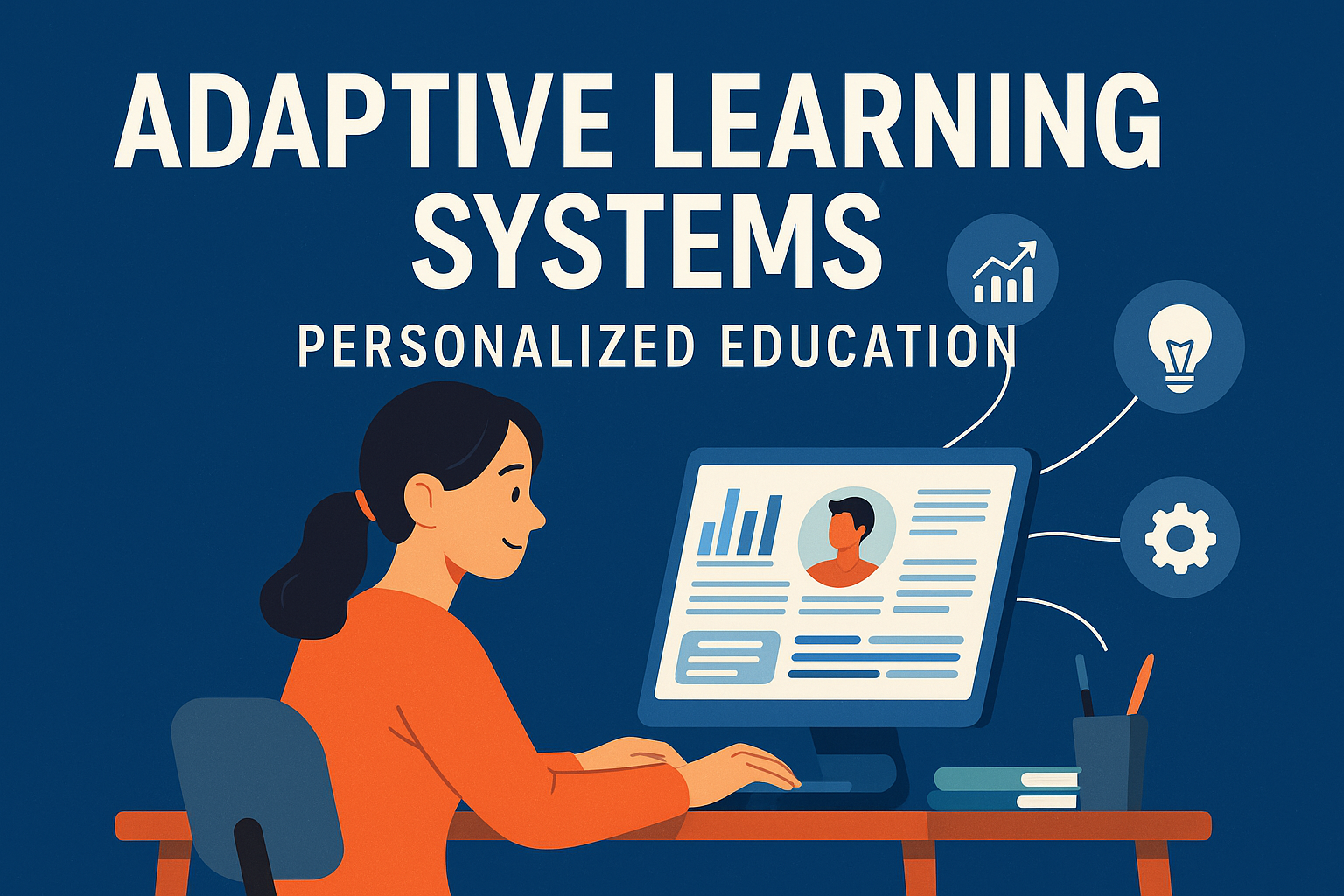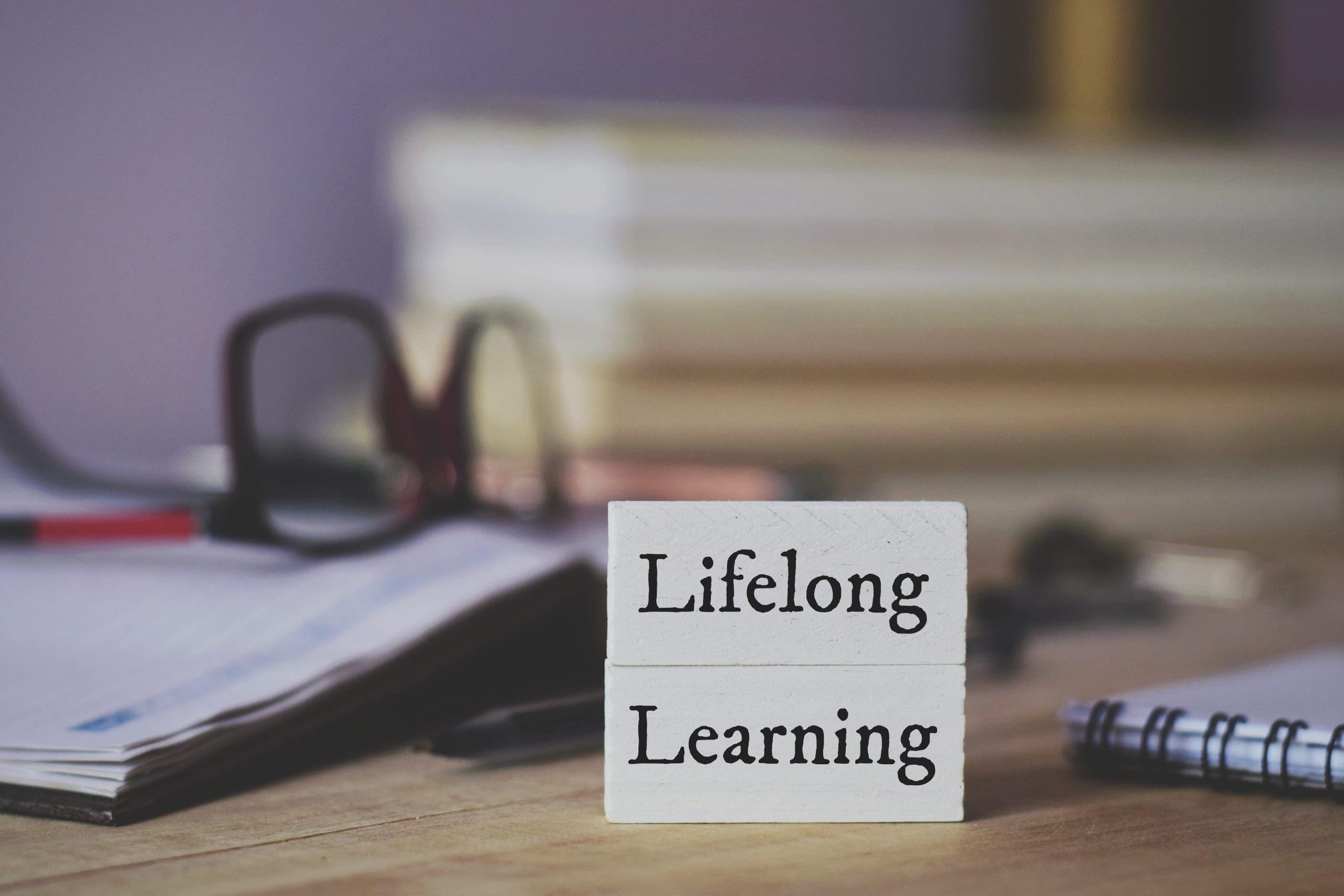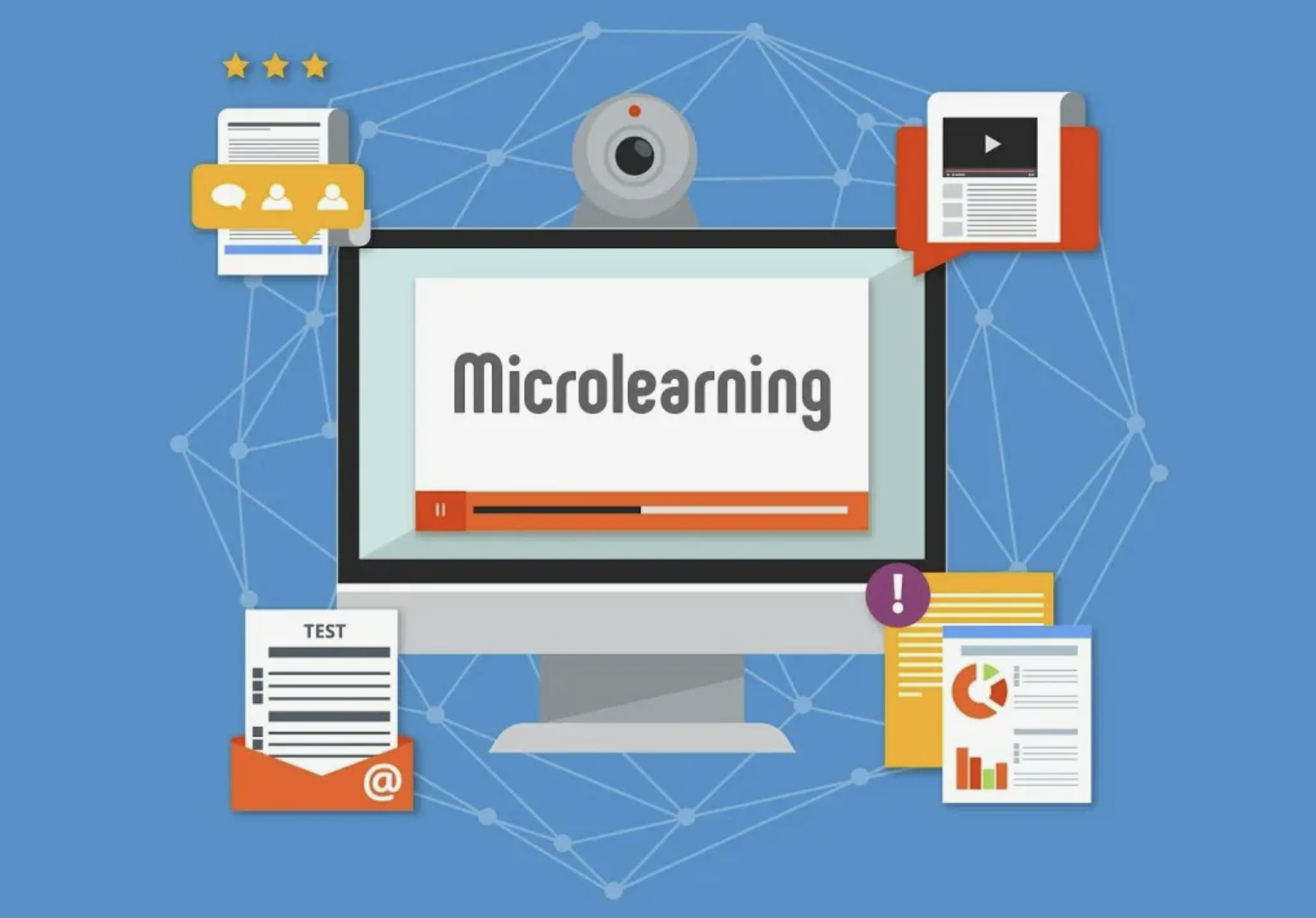For much of the 20th century, life followed a predictable path: go to school, get a job, retire at 65. But that timeline is cracking. People are now living well into their 90s—and many of today’s children will live past 100. In this world, a three-stage life (education → work → retirement) no longer fits.
As lifespans stretch, careers become longer, industries evolve faster, and personal reinvention becomes a necessity. What emerges is a new imperative: lifelong learning. Not as a luxury, but as a survival skill.
And yet, most education systems still assume we front-load learning into our early decades. That model is breaking. A 100-year life demands a 100-year learning mindset—flexible, modular, tech-powered, and deeply human.
🧬 Why Lifelong Learning Matters More Than Ever
🕐 1. The Pace of Change
Technology is outpacing traditional education. The half-life of skills—how long knowledge remains relevant—has dropped to just 5–7 years in many industries. Fields like AI, biotech, and green energy evolve so rapidly that retraining mid-career is now routine.
🔁 2. Career Portfolios, Not Single Paths
Gone are the days of one career for life. Today’s professionals may switch roles, industries—or even identities—multiple times. A marketing executive might become a UX designer at 40, a teacher at 60, and a founder at 70. Lifelong learning fuels these reinventions.
🧑💻 3. Work Is Becoming Learning-Centric
Workplaces increasingly value “learners over knowers.” Skills like adaptability, curiosity, and digital fluency are rising in importance—sometimes more than credentials. In knowledge economies, the ability to keep learning is a core job requirement.
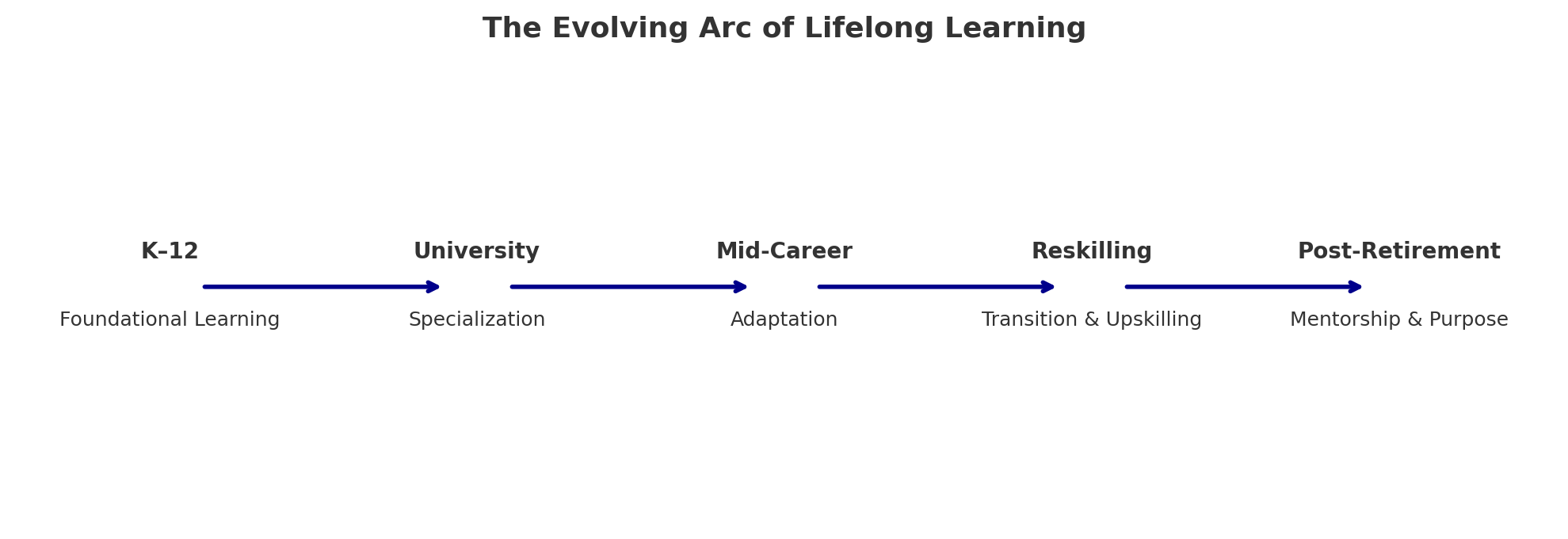
🔍 Key Trends Shaping the Future of Lifelong Learning
🌐 1. Platform Learning and Microcredentials
From Coursera to Khan Academy to specialized bootcamps, online platforms now offer bite-sized, on-demand learning. Certificates from Google, IBM, or edX are becoming alternative credentials with real career value.
🤝 2. Employer-Education Partnerships
Forward-thinking companies are investing in learning ecosystems—covering tuition, offering internal “universities,” or partnering with edtech startups to reskill their workforce continuously.
🧠 3. AI-Personalized Education
Next-gen learning platforms are using AI to tailor content, pace, and feedback to individual needs. This supports neurodiverse learners, time-constrained professionals, and those navigating complex transitions.
🧓 4. Later-Life Learning and Purpose
As retirement extends, more people are turning to education not just for income—but for meaning. From elder coding camps to virtual history salons, learning is becoming part of healthy aging.
💡 Case Studies
-
AT&T’s “Future Ready” program reskilled 100,000+ employees in data science, cloud, and agile methods—partnering with online educators rather than building internal training from scratch.
-
Finland’s National Lifelong Learning Strategy treats education as a public good throughout life, offering free courses for mid-career and older workers to navigate digital transformation.
📉 The Risk of a Learning Divide
As access to learning shifts online, there’s a danger of new inequities. Those with high digital literacy and time flexibility can thrive; others may be left behind.
We must ensure lifelong learning is not a privilege of the tech-savvy elite. That means:
-
Public investment in digital infrastructure
-
Employer incentives for training across all roles
-
Culturally relevant, multilingual learning formats
-
Certification systems that value diverse learning pathways
🧾 Conclusion: Learning as Lifeblood, Not Phase
The century-long life rewrites the narrative of education. It is no longer a staircase to climb and exit, but a spiral—revisited as roles, goals, and eras shift.
Lifelong learning is not about cramming more into life. It’s about expanding life itself: its choices, meanings, and contributions. In an age of 100-year lives, education becomes not just preparation for work—but a path to purpose, resilience, and reinvention.
📰 New Signals & Developments
-
A global study of employers and learners found that 51 % of employers plan to increase their training budgets in the next two years — a sign that organizations see reskilling and continuous education as strategic.
-
The World Economic Forum’s 2025 “Future of Jobs” report ranks lifelong learning, agility, and curiosity among the top emergent skills as roles evolve and technical requirements shift.
-
In higher education, institutions are increasingly emphasizing microcredentials, flexible online programs, and real-world skill alignment rather than relying purely on traditional degrees.
-
New research proposes “flipped” university frameworks where large language models (LLMs) support personalized lifelong learning, letting learners guide their own pace and content rather than being bound to rigid curricula.
-
Another recent study on AI-assisted microlearning shows how educators can automate parts of content generation (quizzes, flashcards, modular lessons) so that lifelong learning scales without overwhelming instructors.
🧠 My Take: What This Means — And What Worries Me
I believe we’re entering a new norm where formal degrees become less of a milestone and more of one option among many in what it means to learn and evolve. But that shift carries both opportunity and risk.
What I Expect
-
Learning becomes a career-long companion. No more “get it all done by age 25.” From mid-career to late life, people will be routinely upskilling, reskilling, and reinventing.
-
Education providers must pivot or perish. Universities that cling to monolithic models will be outcompeted by agile, modular, employer-driven, tech-enabled learning platforms.
-
AI and adaptive systems will become core infrastructure. Personalized learning paths, on-demand tutors, and predictive content will be expected, not optional.
-
Access will be the battleground. The real test: will lifelong learning be equitable or will it deepen divides? Those with time, digital literacy, and resources may surge ahead — leaving others further behind.
-
Credential systems will fragment and rewire. Instead of just degrees, people will amass portfolios of badges, microcredentials, experience, and reputation. Employers will increasingly care about “can you do the work?” over “where did you study?”
What I’m Cautious About
-
The risk that learning becomes commoditized — cheap, generic, shallow — rather than deep, reflective, integrated.
-
That AI-driven learning systems become black boxes: opaque, poorly understood, subject to bias or data manipulation.
-
That lifelong learning becomes an unpaid burden, especially for already strained workers who feel they must treat learning as a second job.
-
That older learners (50+, 60+) get left behind if platforms don’t consider their needs, pace, context, and choice architecture.
✅ Conclusion
Lifelong learning is no longer a nice-to-have — it’s fast becoming the baseline for living and working meaningfully in a world of continual change. The future I hope for is one where learning is woven into every stage of life, where access is just and widespread, and where systems empower people rather than burden them. But that future won’t arrive by default — it demands smart design, public will, and persistent equity.

